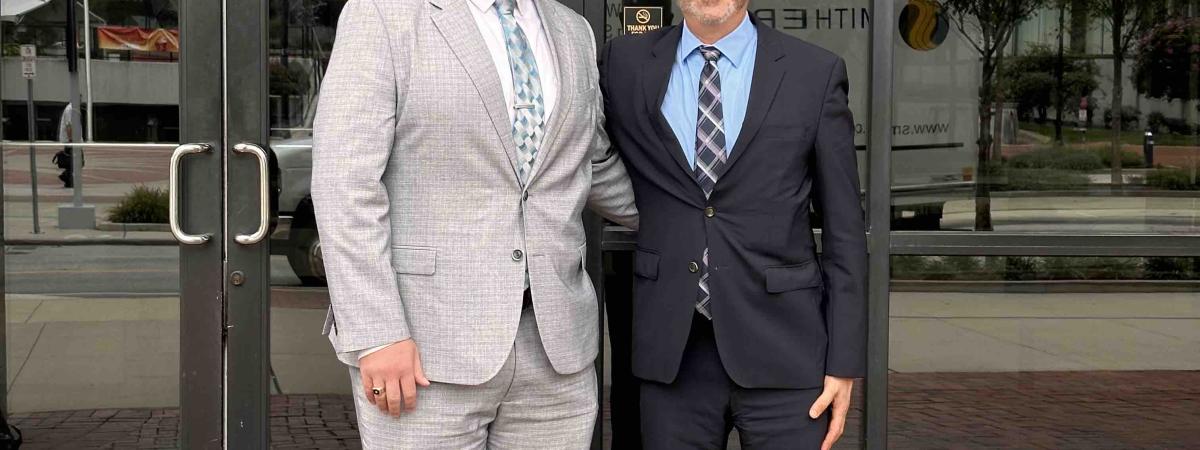Case Western Reserve University law student Robert Read recently made an oral argument in front of the Ninth District Court of Appeals in Summit County, presenting a case for a client charged with criminal damaging of a window. Read argued that the evidence presented was circumstantial, unrelated to the damaged window, and failed to establish the mental state necessary for a conviction.
The case centered around an incident at the home of the client’s ex-girlfriend, where a single window was broken. The client was accused of knowingly causing or risking harm to property, which the Akron City Code requires for criminal damaging. The State’s case relied entirely on contemporaneous circumstantial evidence, focusing on events that took place earlier that same evening rather than direct evidence of the client’s intent at the time the window was broken. According to Read, the prosecution failed to prove that his client acted “knowingly” in causing the damage. He argued instead that the incident was an accident: his client had unintentionally bumped the window while moving furniture out of the house.
In preparation for the argument, Read spent weeks over the summer poring over trial documents, transcripts, and visual evidence. He also practiced extensively with law professor Andrew Pollis, running multiple moot arguments to refine his approach.
“The preparation was intense but incredibly rewarding,” Read said. “Because I argued on the second day of classes, I had to be ready before the semester even started.”
What made the experience even more unique was that the City of Akron was represented by another legal intern, making the argument a showcase for the skills of two law students. Read described the atmosphere as invigorating.
“It was exciting to see both sides presented by legal interns,” he said. “The argument itself went by quickly, but it was a neat experience, and I enjoyed every minute. I’m looking forward to the potential to argue another case as part of the clinic, if the opportunity arises.”





